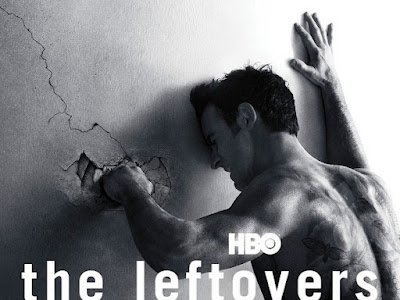Roman J. Israel, Esq. - A Portrait of Principle in the Age of Corruption
Dan Gilroy’s Roman J. Israel, Esq. (2017) appears, at first glance, to be a modest character piece about an eccentric defense lawyer. Look closer and you’ll find a bracing parable about the collision between legal idealism and a results-driven practice. For iLawCinema readers—who weigh films the way jurists weigh briefs—the movie raises a crucial question: in an age of plea bargains, media optics, and billable-hour gymnastics, can conscience survive inside a law firm’s sleek glass walls?
Rating - ★★★★☆
Characters in Opposition: The Back-Room Savant Meets the Front-Office Shark
Roman J. Israel (Denzel Washington) has spent decades as the silent brain of a two-partner shop, drafting motions and memorizing case law while his flamboyant colleague handled the theatrics of court. When that colleague dies, Roman is pushed from the dusty archive into the firm’s fluorescent lobby—straight into the path of George Pierce (Colin Farrell).
Pierce, introduced in a polished suit and even more polished sports car, embodies contemporary legal commerce: reputation management, rapid settlements, and “efficient” justice that favors velocity over veracity. His motto might as well be, “Close the deal, clear the docket, collect the fee.” Against this chrome-plated pragmatism stands Roman’s monastic devotion to constitutional principle, a wall of unwavering idealism that refuses to crack—at least at first.
The Plot as Juridical Pressure Cooker
Roman initially joins Pierce’s boutique firm on a trial basis, believing he can funnel its resources toward a class action that would attack California’s bail system. But the front office cares less about structural reform than quarterly revenue. Watching Roman’s radical proposals ricochet off conference-room glass offers a bleak anatomy of how institutional inertia can smother public-interest law from within.
When mounting debts and professional isolation tempt Roman into trading privileged information for cash, the movie pivots from procedural critique to ethical tragedy. In that moment the once-invisible back-room partner steps into the harsh spotlight, and his towering idealism collides with the majority’s principle-free realpolitik.
Ethics on Trial
Roman’s breach of client confidentiality is the fulcrum on which the story tilts. Yet Gilroy refuses to frame the lapse as mere moral slippage; instead, he poses a theological riddle inside a legal dilemma:
With a Christ-like stance, Roman defies a corrupt world—but can he carry that cross forever, or does every person’s faith and endurance harbor the possibility of fracture?
The question lingers like an unresolved objection. Roman’s eventual reckoning suggests that even the most righteous brief can buckle when precedent, poverty, and fatigue conspire against it.
Cinematic Craft: Sound and Light as Emotional Exhibits
Robert Elswit’s cinematography and James Newton Howard’s understated score form an evidentiary chain that links mood to meaning. Early scenes bathe Roman in warm daylight and gentle jazz riffs; his quiet triumphs glow with autumnal gold. As temptation and paranoia creep in, the palette cools to unforgiving blues, corridors narrow, and ambient noise amplifies every rustle of legal pads and clack of handcuffs.
Sound and light do more than decorate; they testify. When Israel tastes a fleeting moment of happiness, the frame floods with inviting luminance. Minutes later, as he steps into moral shadow, the score dims and the screen plunges into oppressive darkness.
Verdict and Legacy
Roman J. Israel, Esq. ends not with a vindication but with a mistrial of the soul. Roman’s fall does not negate his life’s work; if anything, it underscores the sheer weight one must bear to keep the moral flame alive in adversarial contexts. For practicing attorneys, the film is a cautionary tale about ethical erosion; for cinephiles, it is a character study rendered with luminous craft. Together, these threads weave a sobering brief on the limits of human endurance in a profession that asks its devotees to defend justice while surviving the market.
Director: Dan Gilroy
Writer: Dan Gilroy
Stars: Denzel Washington, Colin Farrell, Carmen Ejogo
Trailer


Comments
Post a Comment